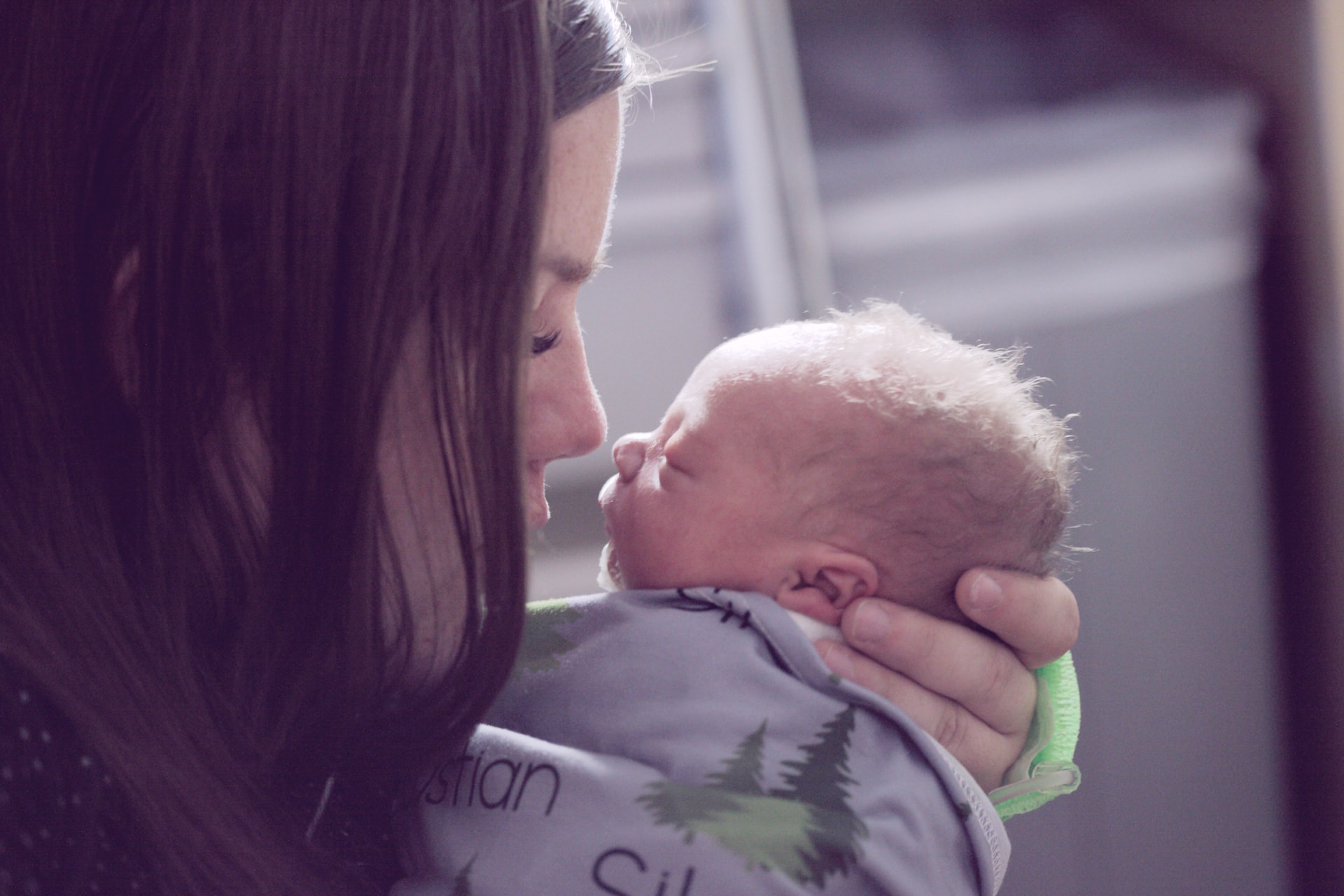How to Manage Depression in 2023
Medically reviewed by Mark Hrymoc MD If COVID has taught us anything over the last few years, we are all vulnerable to mental health ups and downs. Depression rates skyrocketed during the pandemic and are still high today. Research shows that over 17 million adults have had at least one depressive episode. Among adolescents, over 2.5 million have severe depression, yet only about 60% receive treatment. There is no better time to start taking charge of your depression. You can do numerous things to make mental health a priority this year. In this article, you will learn how to manage depression. How to Manage Depression Depression is a common mental health condition that affects millions of people around the world. It can impact every aspect of a person’s life, including work, relationships, and daily routines. While many effective treatments are available for depression, managing the condition can be challenging. This …






